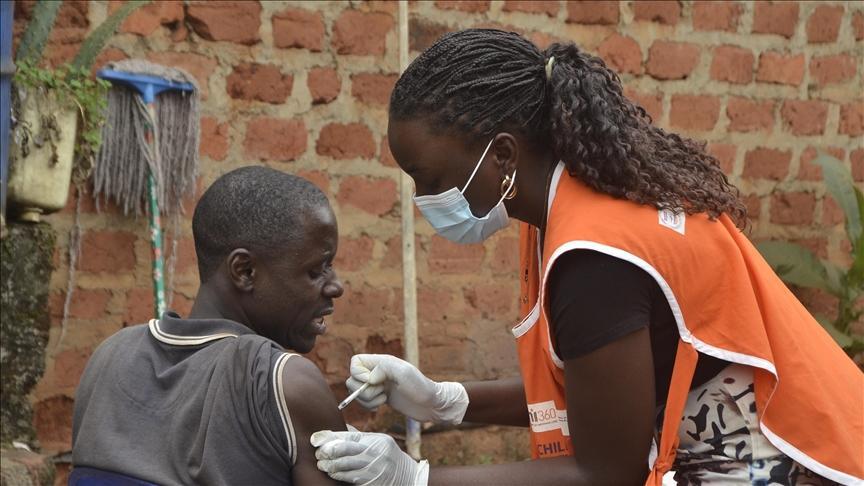Africa-Press – Lesotho. The World Health Organization (WHO) has warned that all known strains of the mpox virus remain in circulation, raising concerns about sustained community transmission if outbreaks are not rapidly contained, while a newly detected clade, known as clade Ib, has now spread beyond Africa.
According to the WHO’s latest situation report, 42 countries reported a total of 3,135 confirmed mpox cases and 12 deaths in September 2025, a case fatality ratio (CFR) of 0.4%. Over 80% of cases were recorded in the African Region.
Seventeen African countries have seen ongoing transmission in the past six weeks, with 2,862 confirmed cases and 17 deaths (CFR 0.6%), the report said. The Democratic Republic of the Congo, Liberia, Kenya, and Ghana reported the highest numbers, with rising trends in Kenya and Liberia, and a decline in Congo.
“Four regions (African Region, Eastern Mediterranean Region, Region of the Americas, and the Western Pacific) observed a declining trend in confirmed cases reported per month, while the European and South-East Asian regions observed an increase in cases in September 2025,” the report found.
Since the last edition of this report, Malaysia, Namibia, the Netherlands, Portugal, and Spain have reported detection of clade Ib monkeypox virus (MPXV) “for the first time.”
New imported cases of mpox due to clade Ib MPXV detected among travelers have been reported in Belgium, Canada, Germany, Italy, Qatar, and Spain, according to the report.
WHO said six countries outside Central and East Africa, including Italy, Malaysia, the Netherlands, Portugal, Spain, and the US, have now confirmed local transmission of clade Ib mpox, with cases reported among people who had no recent travel links.
At least five recent cases of clade Ib mpox were reported among men with same-sex partners, marking the first evidence of this strain circulating within that group.
WHO currently assesses the public health risk as moderate for men with same-sex partners and low for the general population outside historically endemic areas.
“When mpox outbreaks are not rapidly contained and human-to-human transmission is not interrupted, there is a risk of sustained community transmission,” the agency said.
For More News And Analysis About Lesotho Follow Africa-Press






